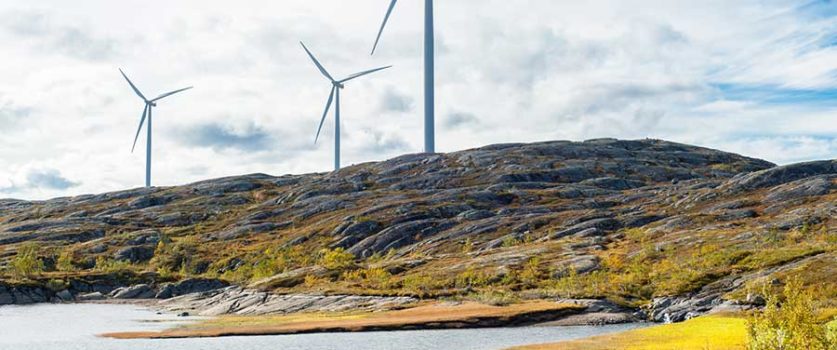
Funding for green energy plummeted last year faster in the UK than in any other country last year, due largely to changes in policy.
During the era of the coalition government spending in renewable energy grew but has dropped for the last two years under Conservative leadership according to a new report from Bloomberg New Energy Finance.
Government ministers have been warned that if this continues there is a very real risk of missing self-imposed carbon reduction targets. This is coupled with Bloomberg NEF’s worries that that Brexit could “make the problem worse”.
Despite the slump in the UK funding, global spending on green energy actually grew to around £242.4bn which is 3% up from 2016, the second highest level ever reached.
Shadow energy minister Alan Whitehead said “The government’s green rhetoric is nothing more than empty promises. Their ideologically-driven policy lurches away from clean solar power and onshore wind has spooked investors.
“Whilst saying they have ambitions to be a green government their actions point in the opposite direction with renewables support slashed at the same time that fracking has been given the go ahead.”
Green party co-leader Caroline Lucas mirrored these thoughts and said “Behind the Government’s green veneer we see continued failure on green energy.
“Under the Prime Minister’s watch, investment in clean technology has slumped, because of government policy changes. Make no mistake, these new statistics are damning.”
The report also indicated that China was currently leading the world in terms of investment with their figure of $132.6bn representing a 25% increase over the past year.
2017 was shown to be a great year for the solar industry worldwide with installation rates up 75% from 2016, driven largely by cost reductions of around 25%. Solar power was by far the most invested in renewable energy source in the world and commanded around $160.8bn in funding
Jon Moore, chief executive of BNEF had this to say regarding the figures surround solar power “The 2017 total is all the more remarkable when you consider that capital costs for the leading technology – solar – continue to fall sharply.”
The UK is by no means the only country whose funding into green energy has slumped as Japan, India, Norway Taiwan and Turkey also failed to increase investment into the otherwise rapidly growing sector.
The 56% decline in investment in the UK was by far the biggest drop however, significantly worse than (and having a big influence on) the 26% reduction in investment across Europe as a whole. Approximately half of investment in the UK came from a Danish company called Orsted who invested in a huge offshore wind farm project.
Energy company Innogy, which owns Npower said that although the UK was still very much an option for investment it has become difficult due to the government’s approach.
“The 2017 total is all the more remarkable when you consider that capital costs for the leading technology – solar – continue to fall sharply.” Said Paul Cowling, director of wind energy offshore at Innogy SE.
Last November in his budget, Phillip Hammond confirmed that them would no new investment for green energy projects to be levied through electric bills until 2025 at the earliest.




